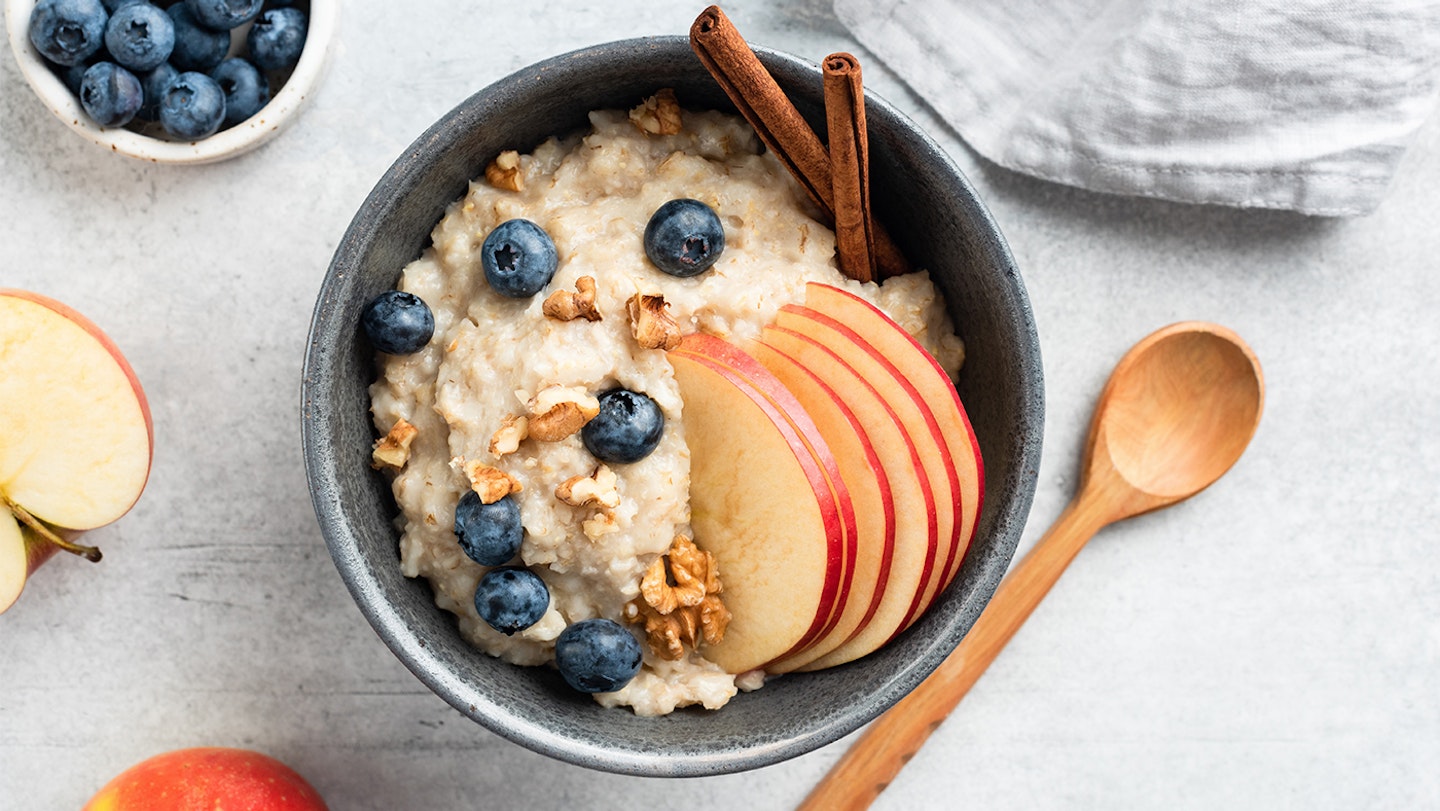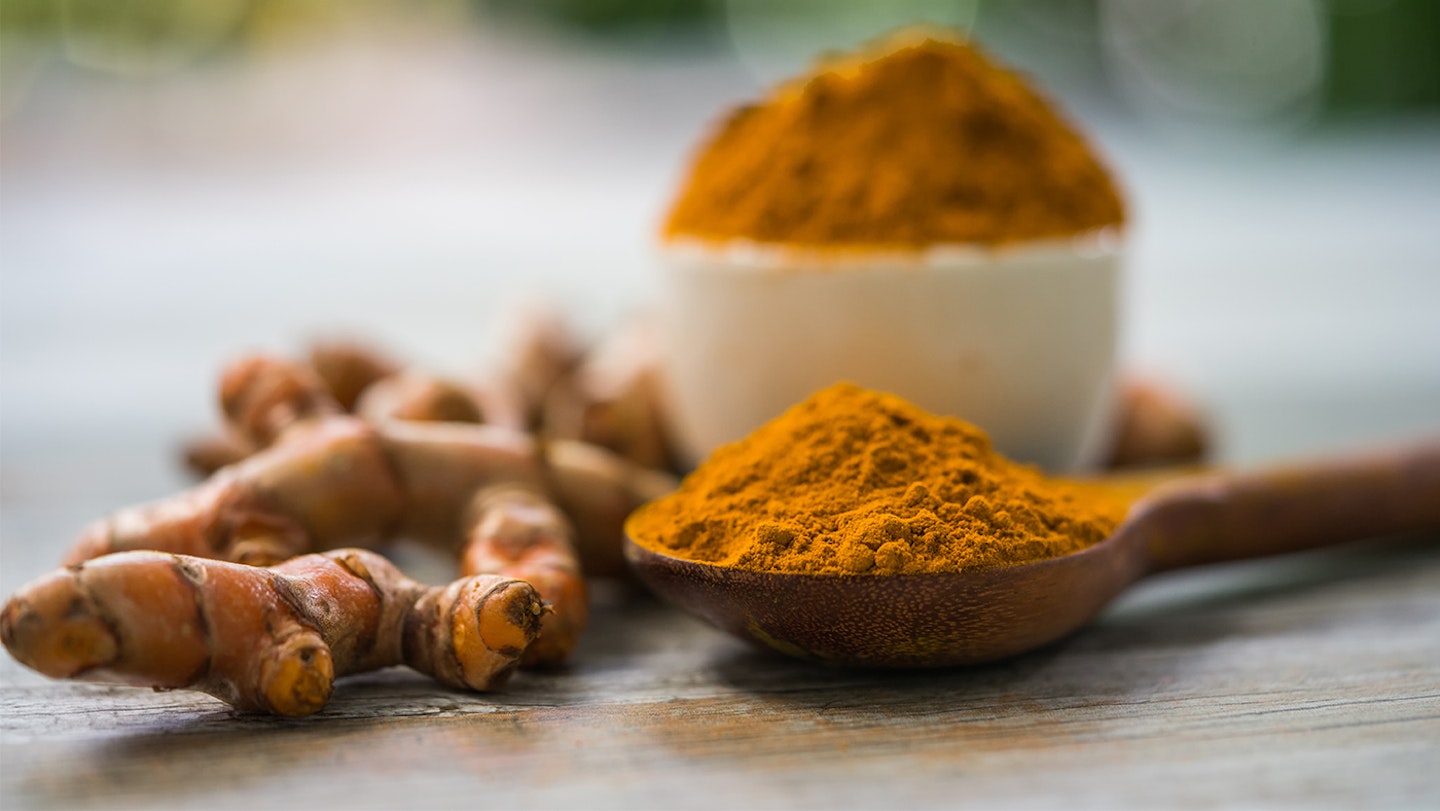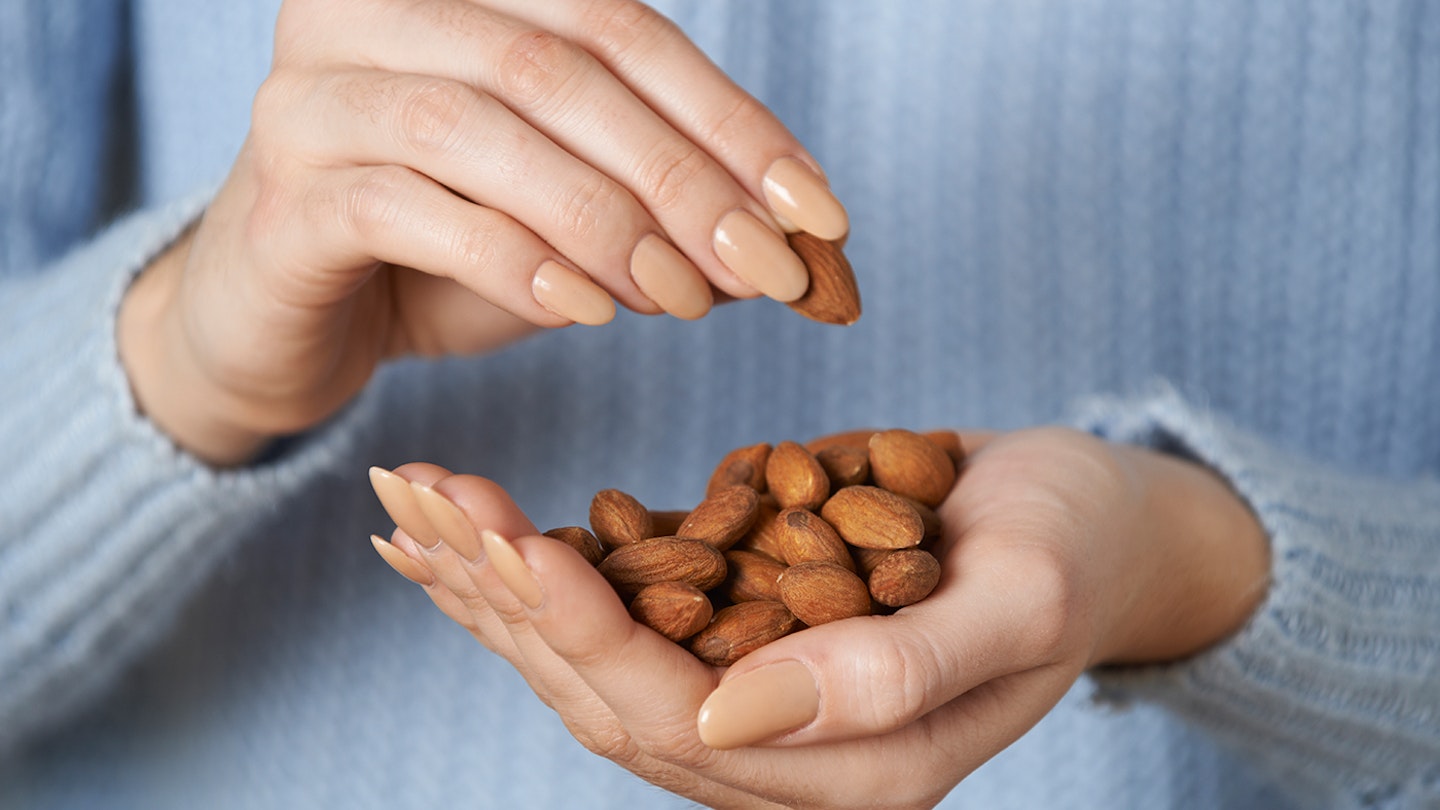We all want to look after our bodies to give them a helping hand in keeping us going as long (and as healthily!) as possible. One of the many body parts it pays to keep an eye on is our liver.
"The liver has many roles (over 500!) but one of the main roles of the liver is to filter our blood," explains Dr Claire Shortt, Lead Scientist and Nutritionist at FoodMarble. "In particular, any blood that leaves the stomach and intestines, passes through the liver, to remove toxins, and it also will break down any drugs present into more usable forms for the rest of the body. Important molecules like cholesterol and other proteins are produced here to help transport fats around the body. Also, glucose is converted into glycogen for storage, as well as regulation of amino acid levels in the blood. It also produces a substance called bile, which plays a role in digesting fats in the small intestine, as well as transporting by-products back to the liver for clearance."
If you want to ensure your liver is in tip-top shape, Dr Shortt has shared the food and drink to choose - as well as the ones to avoid!
Foods good for the liver
Cruciferous vegetables (like broccoli and Brussel sprouts)
It was shown that these types of vegetables resulted in the induction of greater levels of detoxification enzymes which may aid in the detoxification process in the liver. Human studies are needed to confirm this.
These are rich in soluble fibre which lowers ‘bad’ or LDL cholesterol that can accumulate in the liver or blood vessels. The soluble fibre reduces the absorption of cholesterol in the gut.

Almonds
A rich source of vitamin E and ‘healthy’ or unsaturated fats. These can help reduce cholesterol in the body, which can help reduce the risk of developing liver disease.
A good source of polyphenols and antioxidants. Some research suggests that the consumption of spinach may lower your odds of developing non-alcoholic fatty liver disease (NAFLD).
Blueberries
These contain antioxidants that have the potential to help protect the liver and reduce the onset of liver damage.
Herbs and spices
Ginseng has been shown to help with liver function, in particular reducing fatigue and inflammation. Liquorice root has been shown to reduce markers of liver disease. Turmeric has a lot of research supporting its role in reducing inflammation in the body. In one study they found that it reduced liver fat content, as well as markers for liver disease.

Coffee
One large study with half a million participants found that drinking coffee may actually lower the risk of developing liver disease. Evidence also supports it role in slowing the progression of liver disease.
Water
If we don’t drink enough water, we become dehydrated. When dehydrated, our liver operates at a reduced capacity. Experts suggest the importance of drinking water early in the morning, to help kick start everything and replenish reserves. It was shown in a large population study, that drinking plain drinking water was associated with a lower risk of developing non-alcoholic fatty liver disease in males.
Foods and drinks to avoid for our liver
Too much alcohol
Too much alcohol consumption, even over a few days can result in a build-up of fat in the liver, resulting in inflammation. If it continues to happen, you are at risk of developing cirrhosis (scarring of the liver), which has no cure and over time, as the liver starts to fail, it will lead to death. Alcohol causes 4 out of 5 deaths associated with liver disease.
Fried foods
Saturated fat makes your liver work overtime, so try to keep these to special occasions because over time it can lead to inflammation in the liver.

Processed foods
This is mostly due to the high salt and fat content, both of which can aid in the development of liver disease and obesity. Frequent consumption can lead to a build-up and swelling in the liver.
Refined sugar
Those who frequently consume refined carbohydrates are putting themselves at greater risk of developing liver disease. Sugar can be as damaging as other toxins for the liver, as unused sugar is converted into fat and over time obesity can occur. Also, the consumption of too much sugar, may result in greater levels of inflammation.
